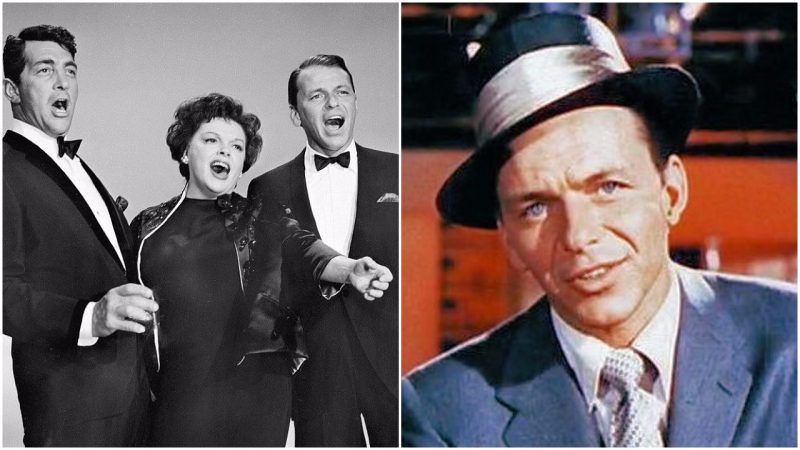Many influential musicians of the 20th century are surrounded by unconfirmed and unsubstantiated myths. For example, the song “Lucy in the Sky with Diamonds” by the Beatles is thought to be a song about the effects of LSD; the popular heavy metal band Judas Priest went on trial for allegedly infusing their songs with subliminal messages that urged people to commit suicide; and the Australian rock giants AC/DC were accused of worshipping the devil.
The aforementioned examples illustrate the powerful impact music can have on society, popular culture, and the popular imagination, but some songs elicit particularly bizarre social phenomena. This was certainly the case with Frank Sinatra’s iconic song “My Way”, which became infamous in the Philippines.
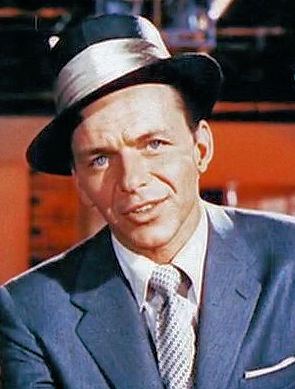
In the past three decades, the song has been associated with the phenomenon of the My Way killings. As many as twelve people have been killed and dozens injured while singing this particular song in karaoke bars.
Karaoke bars have long been one of the most popular forms of entertainment in the Philippines. Sinatra’s “My Way” was among the most popular songs sung in these karaoke bars, but nowadays most Filipinos won’t sing it in public even if they love it.
In 2007, a 29-year-old man was shot to death by the security guard of the karaoke bar for singing the song off-key. This incident provoked an official ban of the song from karaoke bars across the country.
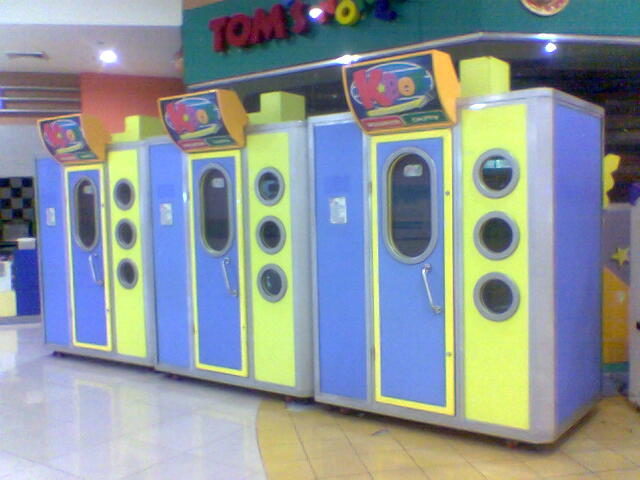
Many owners of karaoke bars even decided to employ “bakla” instead of regular security guards. “Bakla” is a Filipino term for gay men or trans women who are often employed as security guards because they are seen as neutral in the fights between men and women. The owners of karaoke bars thought that this would create a more relaxed and positive atmosphere.
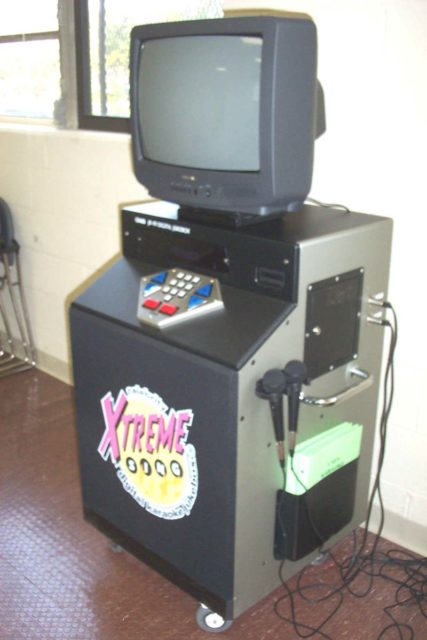
The phenomenon received significant attention worldwide. In 2010, the New York Times wrote: “The killings have produced urban legends about the song and left Filipinos groping for answers.
Are the killings the natural byproduct of the country’s culture of violence, drinking, and machismo? Or is there something inherently sinister in the song?”
That same year, a popular and controversial Japanese pop-punk band Kisihidan released an up-tempo cover of “My Way” to mock the phenomenon.
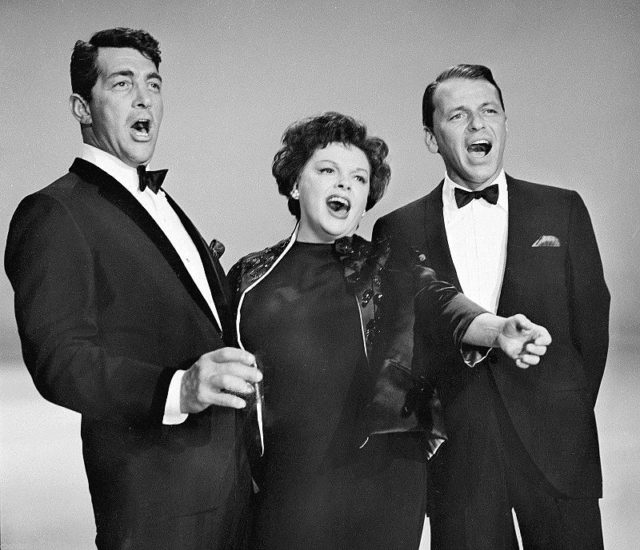
It’s not clear why the song had such an impact on the Filipino karaoke scene. Some argue that the song’s triumphal tone and slightly violent imagery sparked the phenomenon. Others suggest the song is not an easy one to sing, and the drunk frustration over off-key singing and other unrelated disputes were the cause of most of the incidents.
Still, no other song has caused such controversy in the Philippines, and tourists should refrain from choosing it when visiting Filipino karaoke bars.
